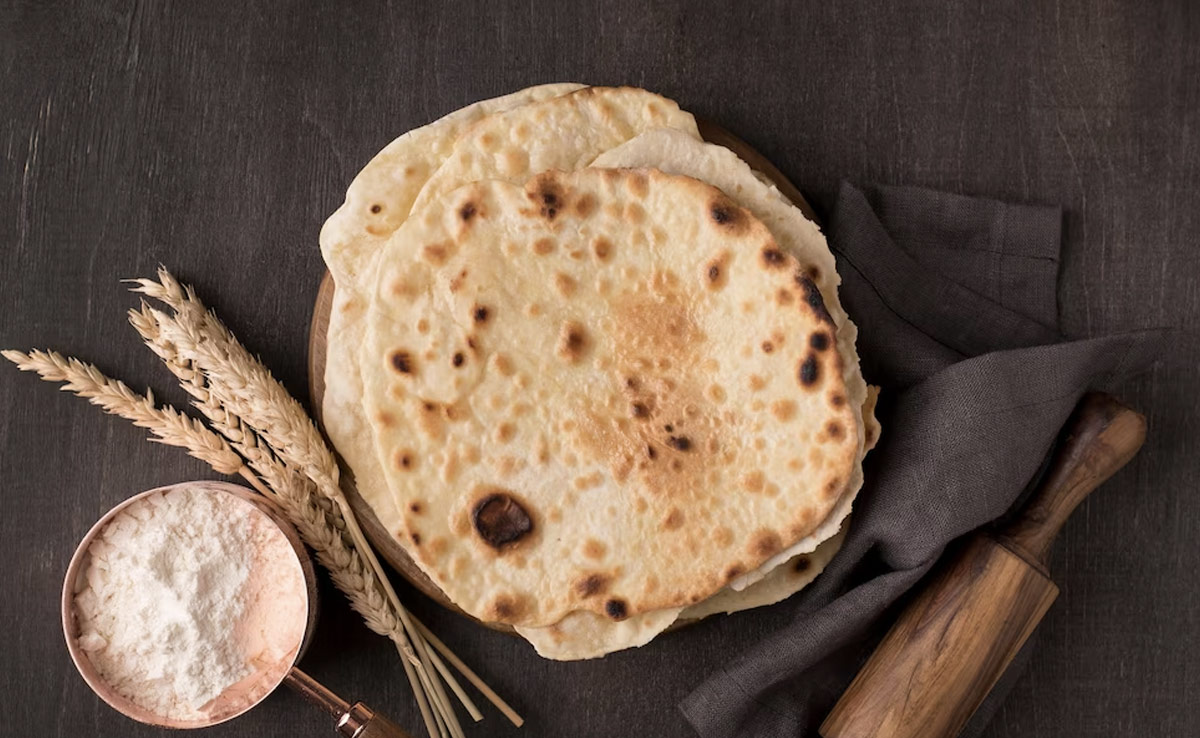In a country where wheat rotis have long dominated the dinner plate, a quiet revolution is underway. Jowar rotis, made from the ancient grain sorghum, are making a powerful comeback in Indian households. Once considered a humble, rural staple, jowar is now being celebrated for its nutritional richness, digestive benefits, and diabetic-friendly profile. Backed by nutritionists and embraced by health-conscious families, jowar rotis are becoming the new go-to for those seeking a cleaner, more balanced diet.
Why Jowar Rotis Are Winning Over Indian Kitchens
-
Naturally Gluten-Free Jowar is a savior for those with gluten intolerance or celiac disease. Unlike wheat, it contains no gluten, making it easier on the gut and ideal for people with digestive sensitivities. Nutritionist Rupali Datta notes that switching to jowar can reduce bloating, fatigue, and post-meal sluggishness.
-
Keeps You Full, Longer High in dietary fiber—over 12 grams per serving—jowar rotis help curb hunger and reduce unnecessary snacking. According to Dr. Anju Sood, this makes it a smart choice for weight management and blood sugar control.
-
Gentle on Digestion Jowar is lighter than wheat and easier to digest. Its fiber content promotes regular bowel movements and reduces bloating, making it a gut-friendly grain that pairs well with dals and sabzis.
-
Supports Blood Sugar Stability With a lower glycaemic index than refined grains like maida or white rice, jowar helps maintain steady energy levels and is especially beneficial for diabetics. It offers slow, sustained fuel without the sugar spikes.
-
Packed with Nutrients and Antioxidants Jowar is rich in essential minerals like iron, phosphorus, and B-complex vitamins. It also contains phytochemicals like tannins and anthocyanins that help fight inflammation and oxidative stress, boosting overall immunity and energy.
What Experts Say
“Jowar is more than just a gluten-free grain—it’s a powerhouse of nutrition that supports digestion, energy, and metabolic health,” says Dr. Anju Sood. “It’s a return to traditional wisdom with modern relevance,” adds Rupali Datta.
A Broader Millet Movement
The rise of jowar rotis is part of India’s larger millet revival, supported by government campaigns and a growing shift toward sustainable, indigenous grains. As more people embrace plant-based, whole-food diets, jowar is emerging as a hero grain—nutrient-dense, affordable, and rooted in Indian culinary heritage.
Sources: NDTV Food, Times of India, Nutrabay
